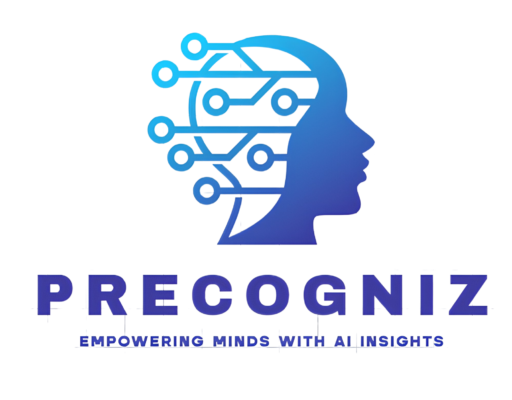
The AI Patent Arms Race
Tencent, Baidu, and Samsung lead the surge as Generative AI filings grow by 800% over the last decade.
State of the Market
Based on the latest WIPO (World Intellectual Property Organization) reports.
GenAI Patents
Over 25% of all Generative AI patents ever filed were published in 2023-2024 alone.
Dominant Filer
China now accounts for roughly 6x more AI patent filings than the United States annually.
Application Shift
Patents have moved from "Theoretical AI" to "Applied AI" in Healthcare and Transportation.
The 2025 Leaderboard
Tencent
The world leader in GenAI patent families, focusing heavily on social networking and gaming applications.
Baidu
Dominates the "Deep Learning" category and autonomous driving patents via the Apollo project.
Samsung
A powerhouse in hardware-integrated AI, focusing on semiconductors and mobile device intelligence.
Note: IBM, while still a giant, has shifted focus from "quantity" to "high-value" strategic patents since 2023.
Hottest Patent Sectors
The LLM Explosion
Generative AI is the fastest-growing area in intellectual property. Patents now cover not just the models (like GPT-4 architecture) but the specific workflows of prompting and synthetic data generation.
AI for Drug Discovery
Medical imaging and molecular modeling are seeing a 40% year-over-year increase. AI is being used to patent new chemical entities discovered through machine learning simulations.
The "Inventor" Debate
A major 2024 legal trend is whether an AI can be listed as an inventor. Most global courts (including the US and UK) have ruled that inventors must be human beings, but the debate continues as AI autonomy grows.
The Evolution of AI IP
2017
Google researchers publish "Attention is All You Need," introducing the Transformer architecture—the foundation for modern GenAI.
2022-23
The "ChatGPT Moment" triggers a massive global spike in patent applications for Large Language Models (LLMs).
2024-25
Global courts clarify that AI cannot be an inventor. Companies shift to "Human-AI Co-creation" filing strategies.
Top Companies in AI Related Patents
Top Companies in AI Related Patents
Tracking active global patent families and innovation growth as of December 31, 2025.
| Rank | Organization | 2025 Active Portfolio | YoY Growth | Market Status |
|---|---|---|---|---|
| 01 | Samsung Electronics | 106,845 | ▲ 4% | Global Volume Leader |
| 02 | IBM Corporation | 37,407 | ▼ -13% | Strategic Quality Shift |
| 03 | Qualcomm Inc. | 29,746 | ▲ 25% | Edge AI Leader |
| 04 | Microsoft Corp. | 29,640 | ▼ -7% | Infrastructure Focused |
| 05 | Alphabet Inc. | 23,776 | ▲ 6% | LLM Patent Pioneer |
| 06 | NVIDIA Corporation | 8,550 | ▲ 32% | Fastest Growth |
| 07 | Capital One Financial | 1,280 | ▲ 14% | FinTech AI Leader |
Data compiled from IFI Claims Patent Services and WIPO 2025 Global Filings Snapshot.
